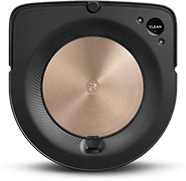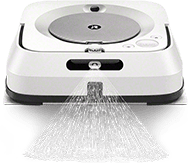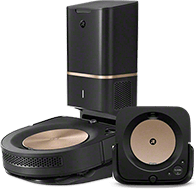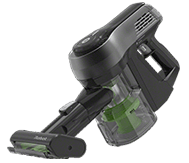3 Reasons An Air Purifier In The Basement Is Essential
Basements used to be places that were primarily used to house things like furnaces, water heaters, laundry, and out-of-season items. But, things have changed. The rising cost of living combined with a desire for more living space has made many of us take a second look at the benefits of underground living. Today, basements are used as playrooms, workshops, extra bedrooms, gyms, and even entire apartments.
But, as appealing as the extra space of a basement can appear, it’s likely that there are air quality concerns, which, in turn, could compromise the air in the rest of your home. Fortunately, a high-quality air purifier with a True HEPA filter can go a long way in making your basement air cleaner.
Here are some of the biggest air quality concerns that may affect your basement air quality…
Poor Ventilation
Because of its location underground and the lack of windows, basements tend to be very poorly ventilated which can allow whatever pollutants are in the air to linger for long periods of time. Dust, pollen, pet hair, and other particles can all trigger asthma attacks or allergic reactions.
Dust
Basements are often used and cleaned less than the rest of the home…. meaning that dust can quickly build up. Since many homes have heating devices in the basement, particles even smaller than dust may be generated, which can make a big difference in your air quality.
Stored Solvents
The out-of-sight rooms of the basement seem to be a great place to store cans of varnish, paint, and adhesives. But, if the cans have already been open, chemicals called volatile organic compounds can be released into your indoor air.
Volatile organic compounds (VOCs) are airborne chemicals that arise from many everyday products. Some VOCs, such as formaldehyde, have been linked to a range of adverse health effects. Unfortunately, while most outdoor pollutants are regulated in the United States, indoor ones are not, leaving us on our own to protect ourselves.
Unfortunately, many VOCs don’t even have a smell. According to the EPA, seemingly “clean” indoor air can contain levels of VOCs that are 2 to 5 times higher than outdoors, and basements that are filled with old cans of paint and varnish tend to have high concentrations.
How can an air purifier help?
Air purifiers with HEPA filters uses interlaced fiberglass or plastic fibers to remove particles from the air. True HEPA filters can take particles of almost any size out of your indoor air.
But, while HEPA filters are excellent at trapping particulate matter, they are not able to remove VOCs. That’s where an activated carbon filter comes in. Activated charcoal filters use extremely hot charcoal to trap chemical pollutants.
To get rid of both particulate matter and VOCs, consider an air purifier that combines a True HEPA filter with an activated carbon filter such as the aair 3-in-1 Pro.
This post was originally published on April 16, 2021, and was last edited on October 17, 2022.




